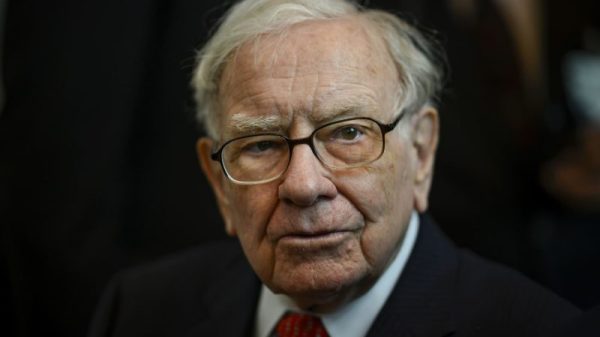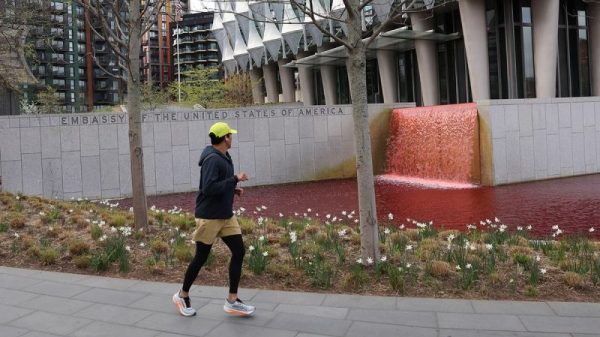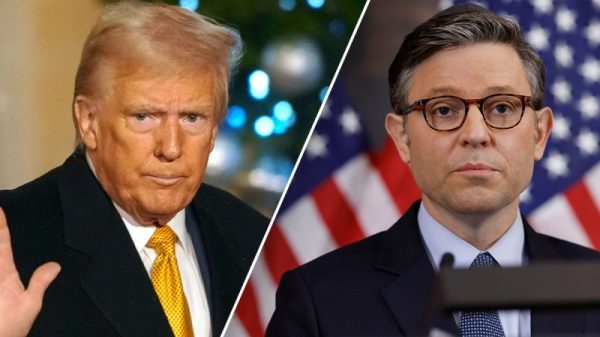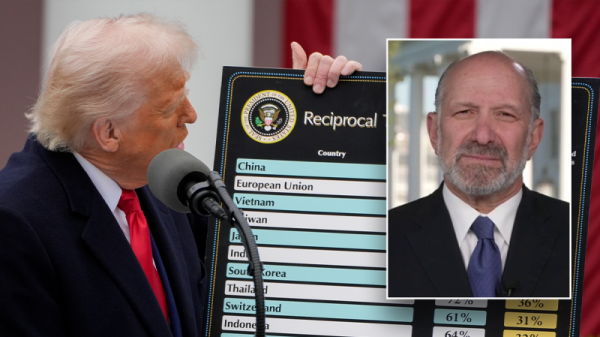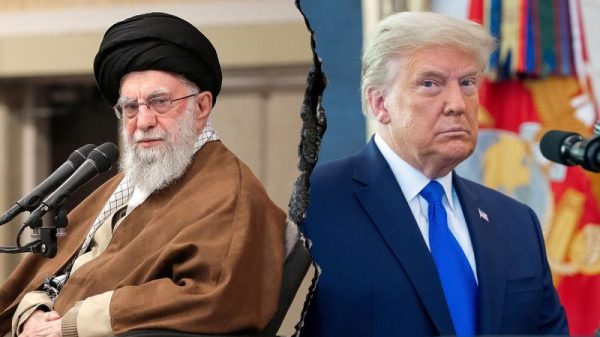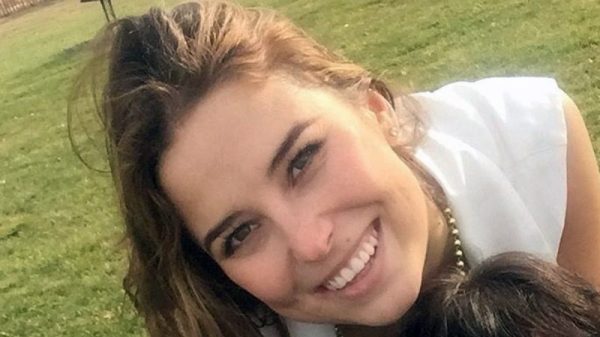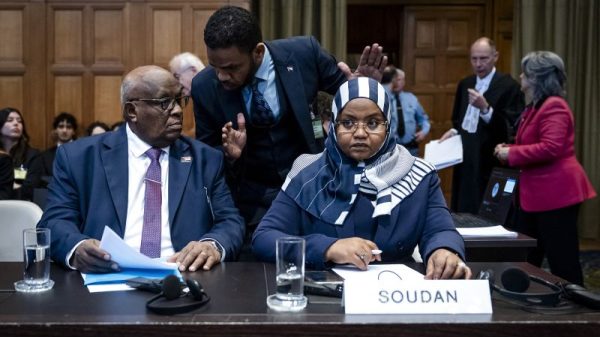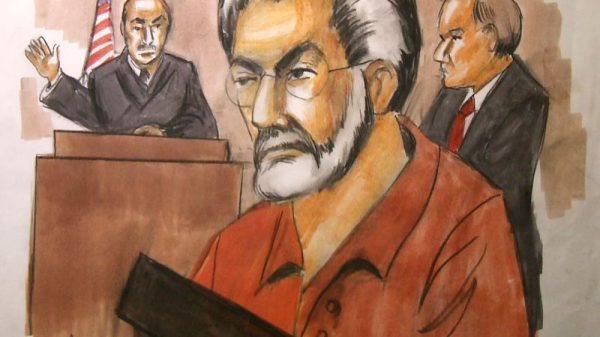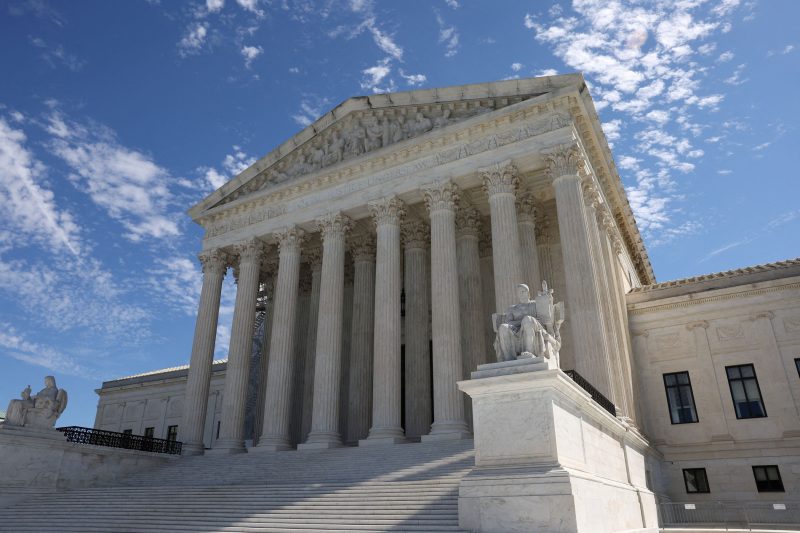The Supreme Court on Monday issued an ethics code specific to the nine justices after reports of lavish and unreported travel and gifts for some of its members prompted intense public criticism and political pressure.
A statement from the court said that while “for the most part” the guidelines are not new, they were necessary to correct a public “misunderstanding” about the justices’ ethical obligations.
The absence of an ethics code has given the impression ‘that the Justices of this Court, unlike all other jurists in this country, regard themselves as unrestricted by any ethics rules,” said the statement signed by Chief Justice John G. Roberts Jr. and his eight colleagues. “To dispel this misunderstanding, we are issuing this Code, which largely represents a codification of principles that we have long regarded as governing our conduct.”
The code contains broadly worded sections relating to outside relationships, restricting participation in cases that could mean financial gain to family members, the use of a justice’s staff and reiterates limits on participating in fundraising activities for groups or accepting gifts.
An unsigned “commentary” accompanying the code indicates justices will continue to make their own decisions about recusals and speaking engagements. It says justices should “consider whether doing so would create an appearance of impropriety in the minds of reasonable members of the public.”
The 14-page document was criticized by legal ethics experts and others for not including a specific remedy for a complaint that a justice has violated the court’s standards.
Justice Clarence Thomas, in particular, has been criticized by Democrats for participating in cases regarding the 2020 election and aftermath when emails revealed by The Washington Post and others showed his wife Virginia “Ginni” Thomas was coordinating efforts with Trump White House officials to contest the election results.
The code emphasizes that recusals should be rare because each justice is needed on a nine-member court, where there can be no replacement. “In short, much can be lost when even one Justice does not participate in a particular case,” the statement says.
As to gifts like the lavish trips, the code says “Justice should comply with the restrictions on acceptance of gifts and the prohibition on solicitation of gifts set forth in the Judicial Conference Regulations on Gifts now in effect.” Thomas and Alito have said the trips for which they were criticized were not specifically forbidden at the time.
The commentary also suggests the court is still looking for some answers. “To assist the Justices in complying with these Canons, the Chief Justice has directed Court officers to undertake an examination of best practices, drawing in part on the experience of other federal and state courts,” it says.
Amanda Frost, a professor and judicial ethics expert at University of Virginia’s law school called the court’s adoption of a formal code a “small, but significant step in the right direction that all nine signed on to a statement making clear that certain conduct is not permissible’ – a step, she said, that makes it less likely such conduct will occur in the future.
Frost and other ethics experts, however, were critical of the court for not acknowledging past transgressions and for the lack of any enforcement mechanism if a justice were shown to have violated one of the new rules.
Sen. Sheldon Whitehouse (D-R.I.), the lead sponsor of a bill to impose ethics rules on the court, said legislation is still needed.
“This is a long-overdue step by the justices, but a code of ethics is not binding unless there is a mechanism to investigate possible violations and enforce the rules,’ Whitehouse said in a statement. “The honor system has not worked for members of the Roberts Court.”
Although the justices say they voluntarily comply with the same ethical guidelines that apply to other federal judges, the lack of an ethics code specific to the Supreme Court has become a prominent complaint on Capitol Hill, where in 2019 Justice Elena Kagan told a congressional committee that Roberts was “seriously” studying the issue.
Even though the court’s legal counsel Ethan Torrey prepared a working document of issues for them to consider, the issue stagnated. Leaders of the American Bar Association said in a statement last year that “the absence of a clearly articulated, binding code of ethics for the justices of the Court imperils the legitimacy of the Court.”
The Supreme Court’s announcement follows months of criticism of the court following revelations that some of the justices accepted, but did not publicly report, expensive trips and gifts from wealthy benefactors.
The justices have been under immense pressure to strengthen their disclosure and recusal polices after news reports that Justices Clarence Thomas and Samuel A. Alito Jr. did not disclose free trips they accepted many years ago from wealthy conservative donors.
Last week, Senate Democrats turned up the pressure, opening debate on the authorization of subpoenas for more information about those trips from Texas billionaire Harlan Crow, a longtime friend of Thomas, and judicial activist Leonard Leo, who was instrumental in building the conservative supermajority on the court.
Reports from the investigative news site ProPublica detailed how Crow paid for luxury vacations and private jet travel for Thomas over many years. Crow also purchased several properties from Thomas and his relatives and paid the private school tuition for Thomas’s great-nephew.
Separately, Leo arranged for Alito to take a 2008 fishing trip to Alaska with a billionaire hedge fund manager.
The vote by the Senate Judiciary Committee was delayed because of strong opposition from Republican lawmakers who say the scrutiny of two conservative justices is a politically motivated in response to the court’s recent rulings, including the expansion of gun rights and elimination of the nationwide right to abortion.
Thomas and Alito have both said that under the rules in place at the time, they did not believe they needed to report private jet travel and free trips. In his annual financial disclosure this year, Thomas for the first time reported Crow’s purchase in 2014 of the family properties in Savannah, Ga., and reported three 2022 trips on Crow’s private jet.
But the more recent media reports have led Democratic lawmakers to support legislation that would require ethics rules for the justices as strict as those that apply to members of Congress. The bill would also create a process to handle complaints against justices and allow a panel of chief judges from the lower courts to investigate and make recommendations based on those complaints.
Roberts last April turned down an invitation to testify before the Senate Judiciary Committee, raising separation of powers concerns. Instead, all nine justices signed a nonbinding “Statement on Ethics Principles and Practices.” The memo was criticized by Democrats as recycled and insufficient.
Since then, three justices – Kagan, Brett M. Kavanaugh and Amy Coney Barrett — suggested in public remarks the high court should act on its own to adopt a binding policy.







